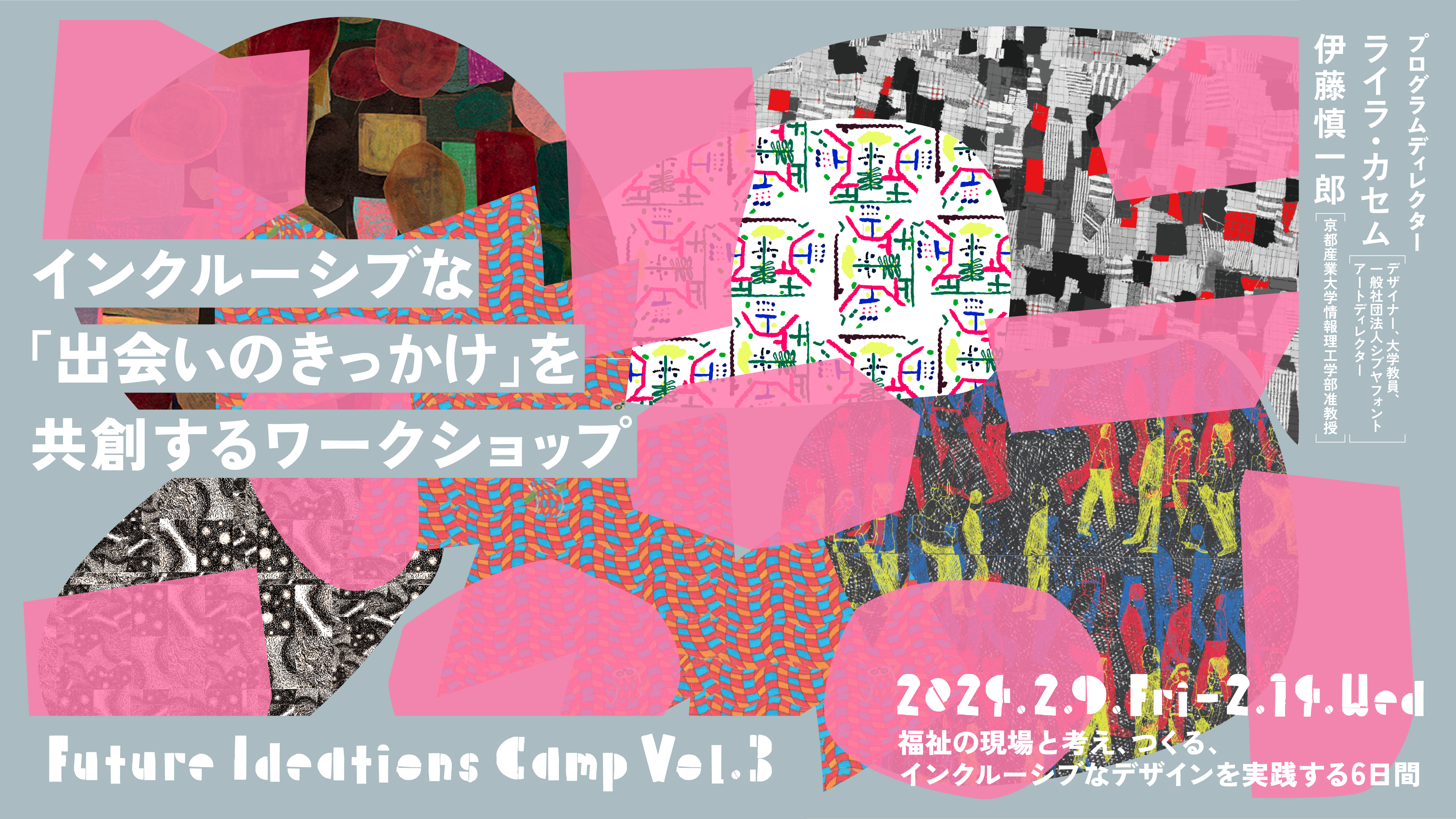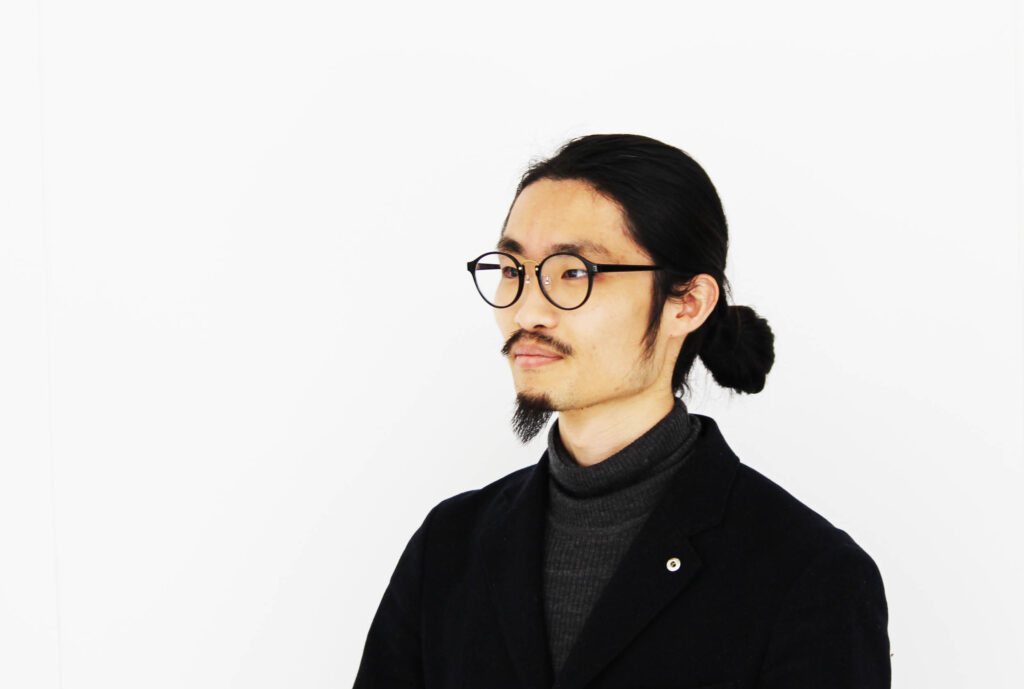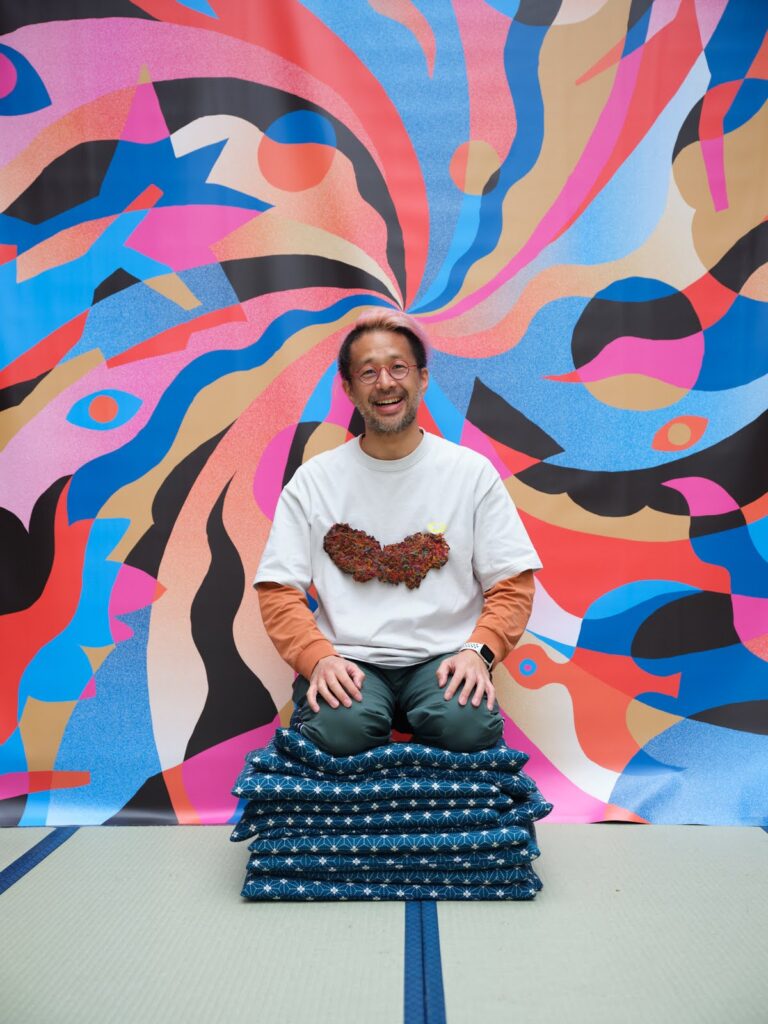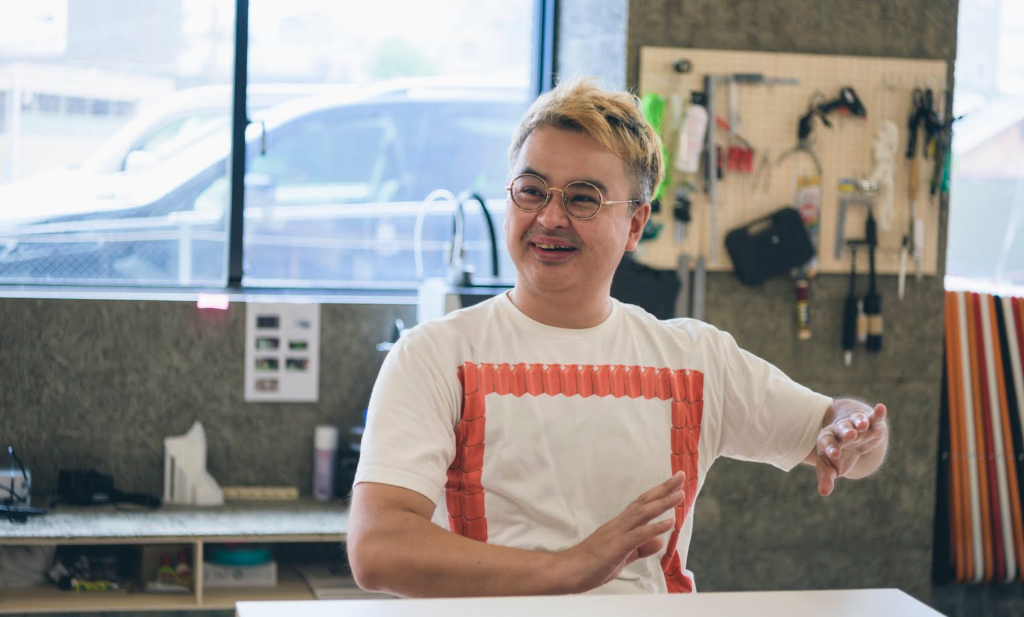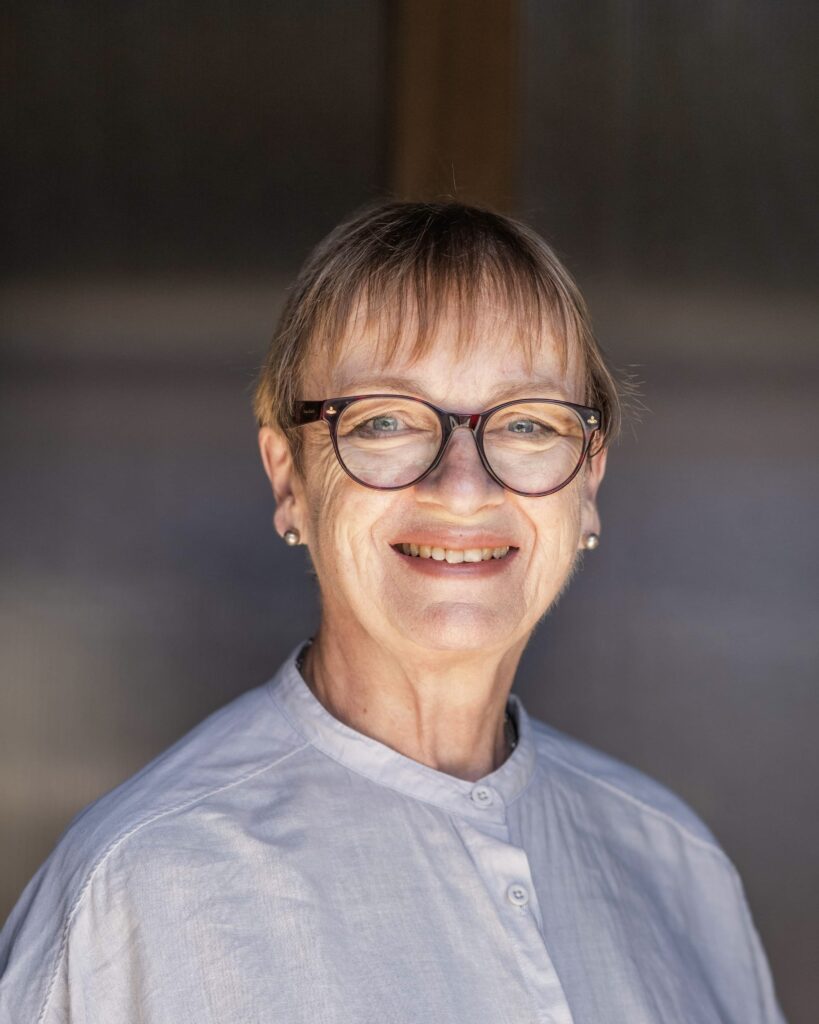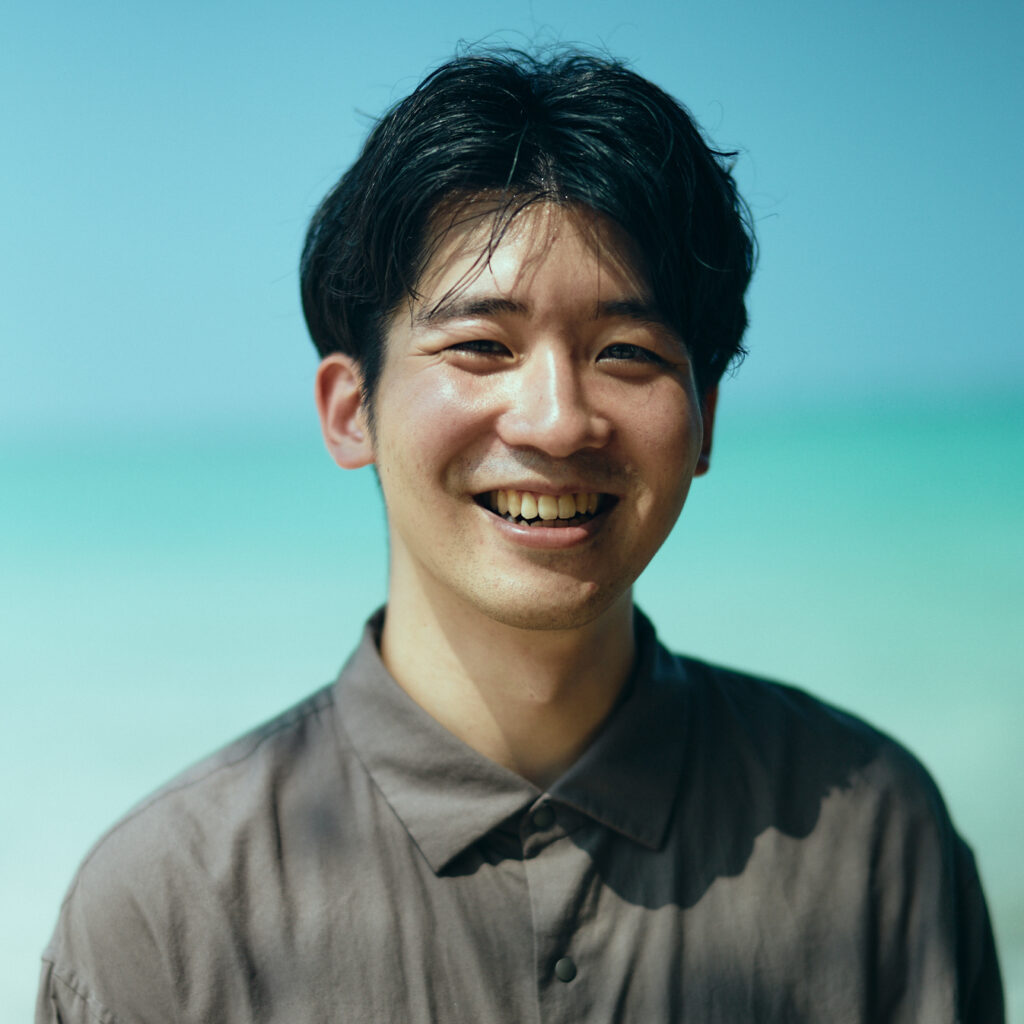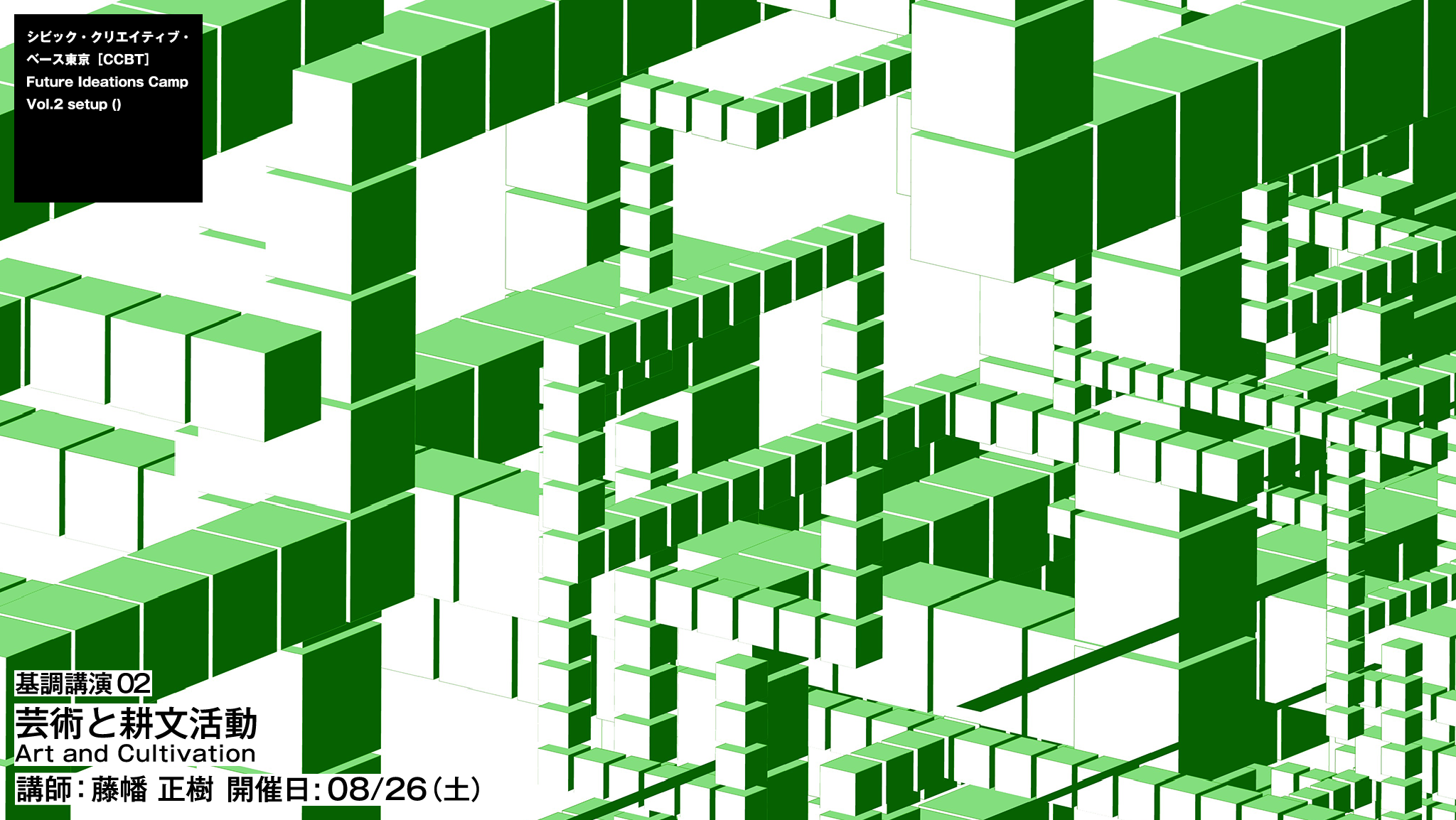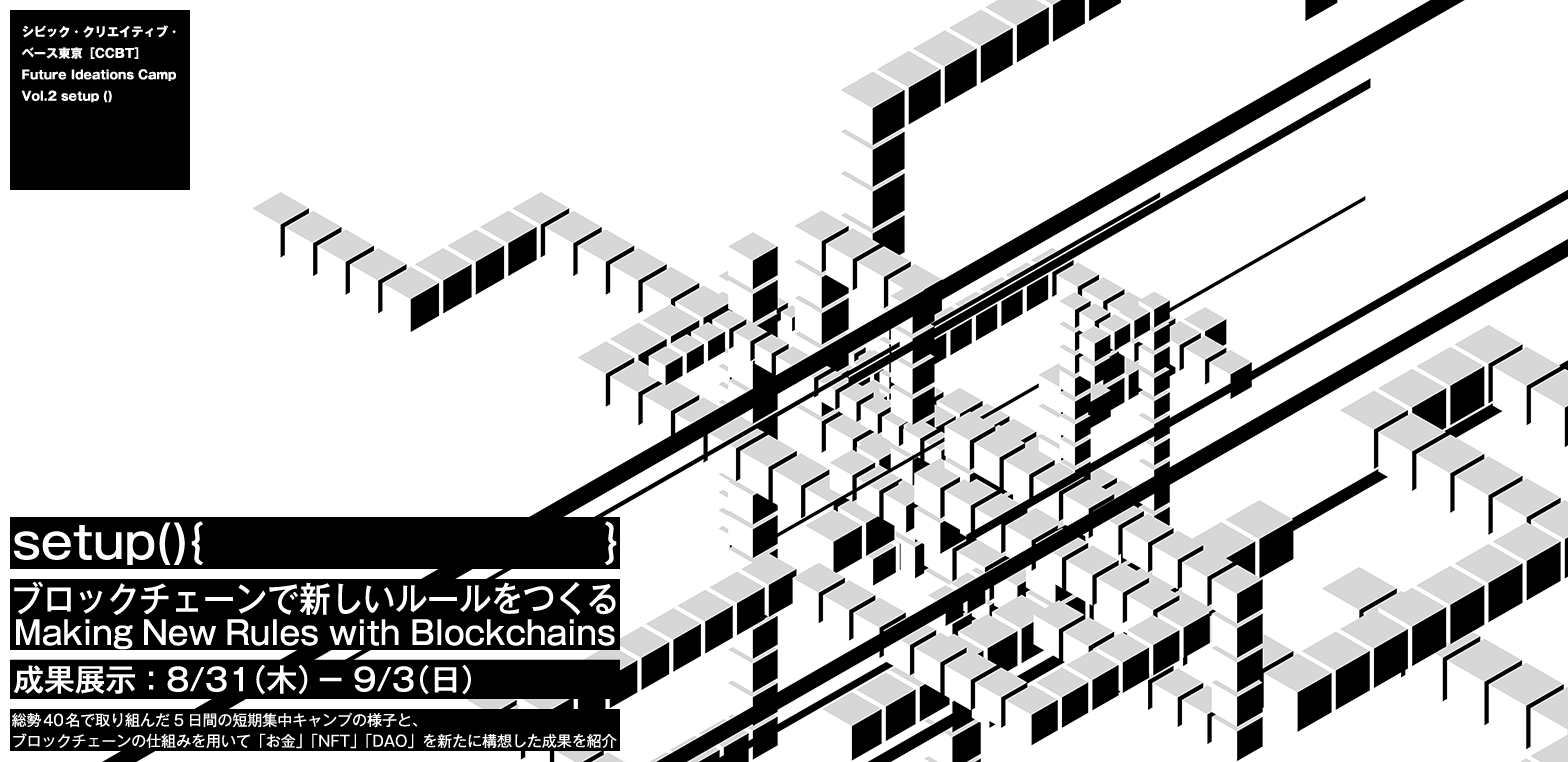A six-day design workshop about making inclusive encounters, collaboratively created and devised with people from the welfare sector.
The camp includes a public program featuring a lecture and presentations by all the participants of what they create during the workshop. The lecture is by Julia Cassim, a pioneer of inclusive design. Both events are available in person and online.
Inclusive design is an approach to design that first emerged as a term in Britain in 1994. Inclusive design incorporates the perspectives of frequently excluded people in how products and services are designed, such as those with disabilities and senior users. It has implications for business, education, retail, public infrastructure, and more. This workshop brings together people not only with different expertise and skills but also varying cultural, cognitive, and physical attributes to devise ideas for tools and projects that spark communication.
CCBT’s third Future Ideation Camp will focus on “Inclusive Design.” This workshop brings together people not only with different expertise and skills but also varying cultural, cognitive, and physical attributes to devise ideas for tools and projects that spark communication. Through field research conducted at welfare facilities, participants will meet and interact with people directly impacted by inclusive design issues. They will learn hands-on about environments and tools accessible to different kinds of users, and how to devise concepts and ideas more inclusively.
The program’s public events are a lecture and final presentations.
*This event has ended. Thank you for coming and watching.
#1 Open Lecture “Designing out Exclusion- How Good Questions and an Inclusive Process Enable Innovative Design Solutions”
Inclusive Design is process-led and based on understanding how fundamental human-centred design principles and information-gathering can be tailored to the design context itself. In this way, design exclusion can be avoided, resulting in better, more innovative design. Through the medium of real-life case studies, my presentation will look at less commonly understood forms of design exclusion (emotional. cognitive and digital) and show how to interrogate challenging design contexts and frame the design process itself.
Date & Time: 1:30 pm to 3 pm, February 10 (Sat), 2024 (doors open: 1:15 pm)
Venue: Civic Creative Base Tokyo [CCBT]
Capacity: 30 (first-come, first-served) ※Live-streaming Available in CCBT YouTube Channel
Speaker: Julia Cassim (Visiting Professor, Kyushu University and Akita College of Art and Design, Member of Advisory Board, Nara Women’s University)
Language: English
#2 Presentaions (Japanese only)
These presentations introduce the six-day workshops involving thirty participants, instructors, and facilitators, as well as the proposals and projects created by each group. Along with seeing the process of the collaborations, audiences can enjoy the tools and ideas for facilitating inclusivity devised over the course of the workshop, and the vision of an inclusive future society that they conjure up.
Date & Time: 2 pm to 3:30 pm, February 14 (Wed), 2024 (doors open: 1:45 pm)
Capacity: 30 (first-come, first-served) ※Live-streaming Available in CCBT YouTube Channel
Speakers: Future Ideations Camp Vol.3 participants
commentators:
・Ito Shin’ichiro (Associate Professor, Faculty of Information Science and Engineering, Kyoto Sangyo University)
・Iwasawa Brothers (Experience and spatial design group / Iwasawa Hitoshi (Spatial designer / Sculptural Design Director), Iwasawa Takashi (Technical Director))
・Julia Cassim (Visiting Professor, Kyushu University and Akita College of Art and Design, Member of Advisory Board, Nara Women’s University)
・Takahashi Kosuke (Inventor)
・Laila Cassim (Graphic Designer, university faculty, Art Director of SHIBUYA FONT)
and others
Language: Japanese only
**Please feel free to contact us if you have any questions, concerns, or if you would like us to consider or assist you in any way at the event.

